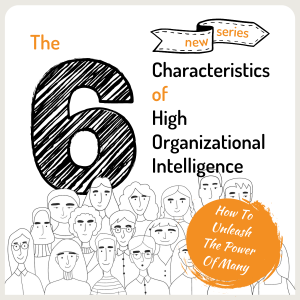Uncertainty is something we try to avoid – whenever possible. We want to know what we need to know, to be able to come up with reliable plans. Plans are supposed to keep deviations away from us, as they could make us struggle. Uncertainty can be seen to impose scepticism, doubt, mistrust. But it is always there and cannot be neglected, so we should anticipate it in favor of more robust plans.
While we are planning, we determine tasks from which we know we need to do them to be successful. From other tasks we know that we do not need to consider them, as their contribution to success is irrelevant. Even, it is the art of increasing the amount of tasks we can leave aside, which proofs to be a powerful tool to keep focused. But by far, it is not the most powerful tool.
How about uncertainties in plans? Tasks, where we cannot tell how much we have to consider them in our plan. We need to be clear about the existance of uncertainties. If we ignore them, they can strike us badly in a later phase, as we do not have any idea about the impact on the plans by then.
We have to introduce measures, which help to mitigate risk from uncertainties in plans. We must enforce a proper risk management. We have to work towards risks to be able to tell about criticality.
[bctt tweet=”If we make uncertainties the center of our plans, we start to create strategies to become more robust.”]
We make use of assumptions and hypothesis to address uncertainties. They are leading us to definitions of small experiments, which can be run to address risks upfront. The experiments must become part of our early plans. They address the robustness and reliability to cope with uncertainties.
Having said this, how about the things we do not know when start planning? You do not know what you do not know! We have to accept that every plan has significant gaps, as we cannot tell how plans work out until we execute them. We cannot tell how other events (directly or indirectly) will influence plans. We simply cannot get everything under control.
[bctt tweet=”Even though you do not know what you do not know, you can address it by diversity in your plans.”]
We have to see it this way: Uncertainty is provoking unpredictability, indeterminacy, indefinitness. This is also the nature of the future, which we are about to address it in plans. For million of years a strategy has been developed to survive despite an uncertain future – it is diversity.
Uncertainty in plans advocates changeableness and contingency. This is also the objective of agile methodologies. Considering uncertainty in plans is provoking agile approaches, which have proven to be much more robust and effective. In turn we can tell that if we look for robust and effective plans, we need to consider uncertainties. Uncertainty turns out to be good for the plans.






